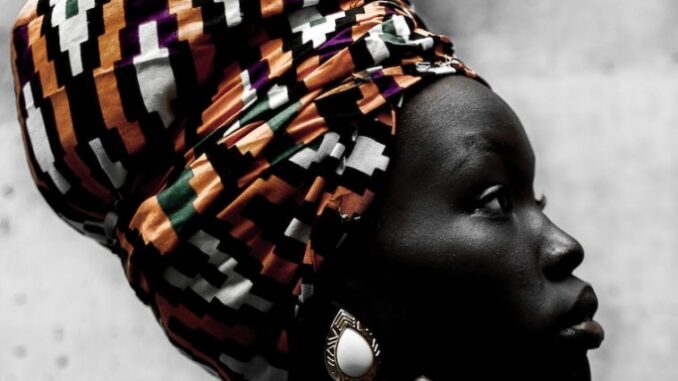
The vibrant African fashion industry, valued at over $31 billion, is gaining global attention thanks to innovative startups leveraging technology. Although Africa boasts a rich cultural heritage and diverse design talent, the sector has lagged in infrastructure, funding, skills development and distribution. African tech entrepreneurs are now creating solutions to unlock the industry’s massive potential.
Platforms like La Reina, Anka, Oyoyo, Klasha and Kisua are showcasing African styles to worldwide audiences while empowering designers and artisans. Through e-commerce, digital tools and new business models, these startups are transforming how African fashion is created, marketed and sold across the continent and globally.
La Reina: Rent Designer Fashion for Special Occasions
Founded in 2016 in Egypt, La Reina allows women to rent evening gowns, bridalwear and accessories from each other and top brands. Users earn money by lending their dresses via the peer-to-peer platform. La Reina has generated over $200,000 for dress owners to date.
The startup recently launched a subscription box service called “The Box,” sending subscribers new rental outfits weekly. The curated boxes provide affordable access to designer fashion for special events. La Reina handles dry cleaning and shipping logistics.
Targeting Egypt’s $10 billion e-commerce market, La Reina raised $1 million in 2018 from VCs Algebra Ventures and 500 Startups. The funding helps scale its lending marketplace and subscribe-to-rent model.
Anka: Global Marketplace for African Fashion and Crafts
Ivorian startup Anka connects over 7,000 African designers and artisans to global consumers. The online marketplace features fashion, accessories, art and home decor representing Africa’s creativity and heritage.
Anka’s tools help sellers manage e-commerce operations from inventory to marketing. By expanding its reach beyond local markets, Anka empowers African creators to grow their brands and incomes. The startup has raised $11 million from Partech and Orange Ventures.
Oyoyo: Digital Tools to Boost Traditional Fashion Businesses
Nigerian fashion tech app Oyoyo is transforming the local industry by digitising traditional businesses. Designers, tailors and weavers create online profiles and promote their skills and products.
Oyoyo’s measurement feature converts customer data to patterns, increasing efficiency. Automating tasks like order and communication management frees artisans to focus on design. Still bootstrapped, Oyoyo unlocks growth for fashion micro-enterprises.
Klasha: Fast Fashion for Young African Consumers
Klasha sells trendy, affordable fashion from global brands to African millennials. Founded in Nigeria in 2017, Klasha offers fast delivery and local payment options in Nigeria, Ghana, Kenya and South Africa.
Klasha applies data analytics to optimise inventory, pricing and marketing. By understanding user needs and preferences, the startup enables easy online shopping for young Africans. Klasha has raised $1 million from investors, including Techstars.
Kisua: Contemporary Fashion Blending African Traditions
South African startup Kisua collaborates with designers across Africa to create exclusive collections fusing traditional techniques with modern aesthetics. Kisua sells globally via e-commerce and distribution hubs in Africa, the US and Europe.
Founded by Ghanaian economist Sam Mensah Jr., Kisua addresses infrastructure and distribution challenges facing African fashion. The platform also funds designers through its Kisua Design Fund.
With over $1 million raised, including IFC and Rockefeller Foundation backing, Kisua increases global opportunities for emerging talent. The startup has attracted celebrity attention, with Beyonce sporting Kisua designs.
As these startups demonstrate, technology can drive solutions to unlock African fashion’s potential. From new e-commerce models to digital tools for artisans, innovation is removing barriers to growth while connecting African designers with global audiences. By empowering creators, showcasing Africa’s textiles and cultures, and building world-class distribution, fashion tech companies are positioning the continent for phenomenal expansion.
